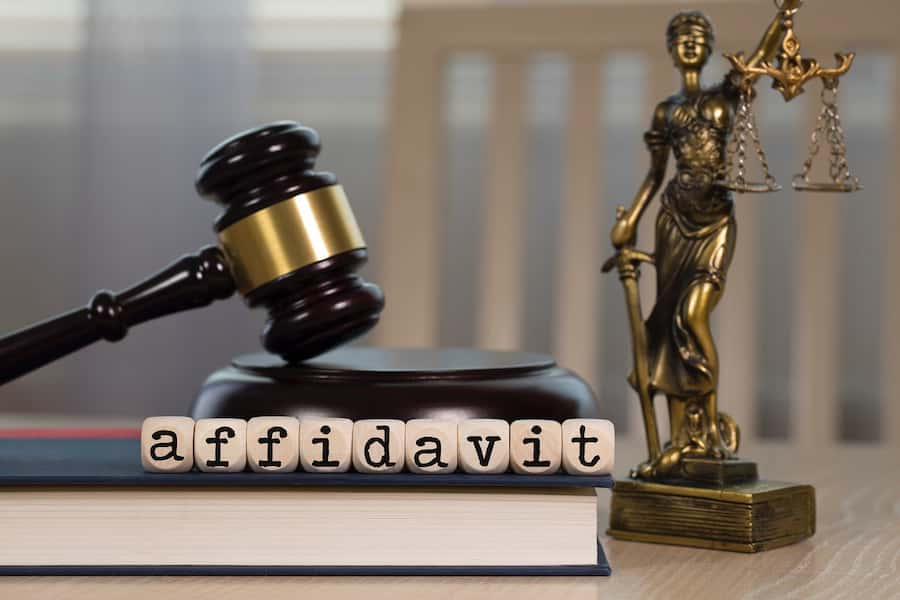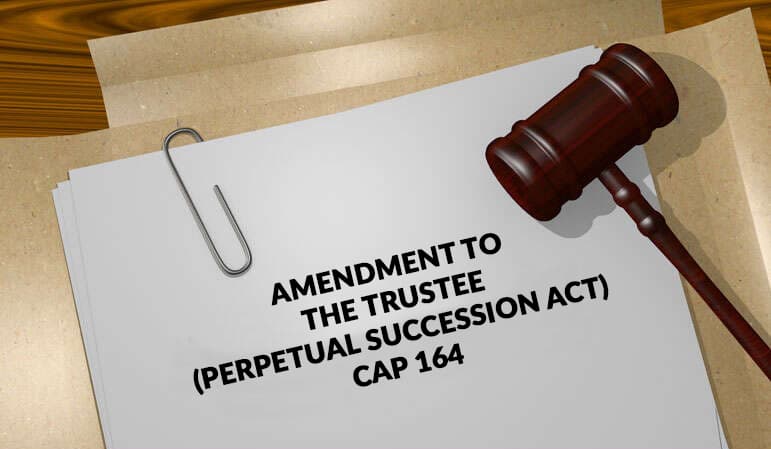KEY ELEMENTS OF A GUARANTOR LOAN AGREEMENT
A Guarantor Loan Agreement (also known as a Deed of Guarantee) refers to an agreement between a Financial Institution (the Lender) and the Guarantor detailing the rights, responsibilities, procedures, terms, and conditions under which a loan provided by a Financial Institution and advanced to a Borrower may be guaranteed.
6 key things to consider
Whether you are entering into a guarantor loan agreement as the guarantor or the lender, there are many important considerations to be made. Some of these include:
- What exactly are the conditions of the loan that is being guaranteed?
- Who is the guarantor? Is it a company or an individual?
- Does the guarantor have sufficient assets to repay the loan should that become necessary?
- Has the guarantor obtained independent legal advice regarding the terms of the loan and the deed of guarantee?
- How is the deed to be executed? If the guarantor is a company, who is permitted to sign on behalf of the company?
- What are the payment terms and conditions?
Core Clauses in the Agreement
With mutual considerations on the aforestated, the rights and responsibilities with respect to the guaranteed loan shall be substantially described in an agreement entered into between the Financial Institution, as the lender, and the guarantor, which agreement shall provide the following clauses:
- Guaranty
In this clause, the Guarantor unconditionally guarantees and covenants with the Lender that the Guarantor will duly and punctually pay to the Lender all debts and liabilities, present or future, direct or indirect, absolute or contingent, matured or not at any time owing by the Borrower to the Lender upon demand wherever incurred and whether incurred by the Borrower.
- Contribution by Guarantors.
In an Agreement with multiple guarantors, the co-guarantors will express desire to allocate among themselves, in a fair and equitable manner, their obligations arising under the Guarantee Agreement.
- Payment
In this clause, Guarantors will upon demand pay, or cause to be paid, in Cash, to the Lender, an amount equal to the sum of the unpaid principal amount together with accrued and unpaid interest
The clause will also provide for the amounts payable as of any date of determination or it will include an arrangement to make Aggregate Payments in installments.
- Liability of Guarantors.
In this clause, each Guarantor agrees that its obligations are irrevocable, absolute, independent and unconditional and shall not be affected by any circumstance which constitutes a legal or equitable discharge of a guarantor or surety other than payment in full.
- Authority of Guarantors.
This clause establishes the capacity and/or powers of any Guarantor or its officers, directors or any agents acting or purporting to act on behalf of any of them.
- Default and Enforcement
This clause often provides that if the Guarantor shall fail on demand to make payment pursuant to the Borrower’s Liabilities, the Lender may in its discretion proceed with the enforcement of its rights with litigious action to recover owing sums.
- Set off and lien
This clause provides that the Lender may, at any time and without notice or demand and notwithstanding any settlement of account or other matter whatsoever, combine or consolidate any existing accounts including accounts in the name of the Lender of the Guarantor and set off or transfer any sum in satisfaction of any obligations or liabilities to the Lender by the Guarantor.
- Release and Discharge of the Guarantee
After all moneys payable by the Borrower to the Lender have been paid in full, the guarantee in the Agreement shall cease and become null and void and the Lender shall, at the request and at the expense of the Guarantor execute and deliver a release to the Guarantor.
How can we assist you?
At Netsheria International, we have an experienced team of lawyers who can offer you legal assistance in drafting and reviewing your Guarantor Loan Agreements. Please contact us for our services via email or visit our website for more information on our services.






